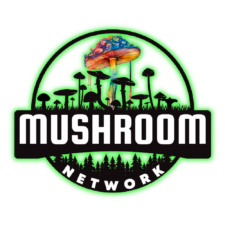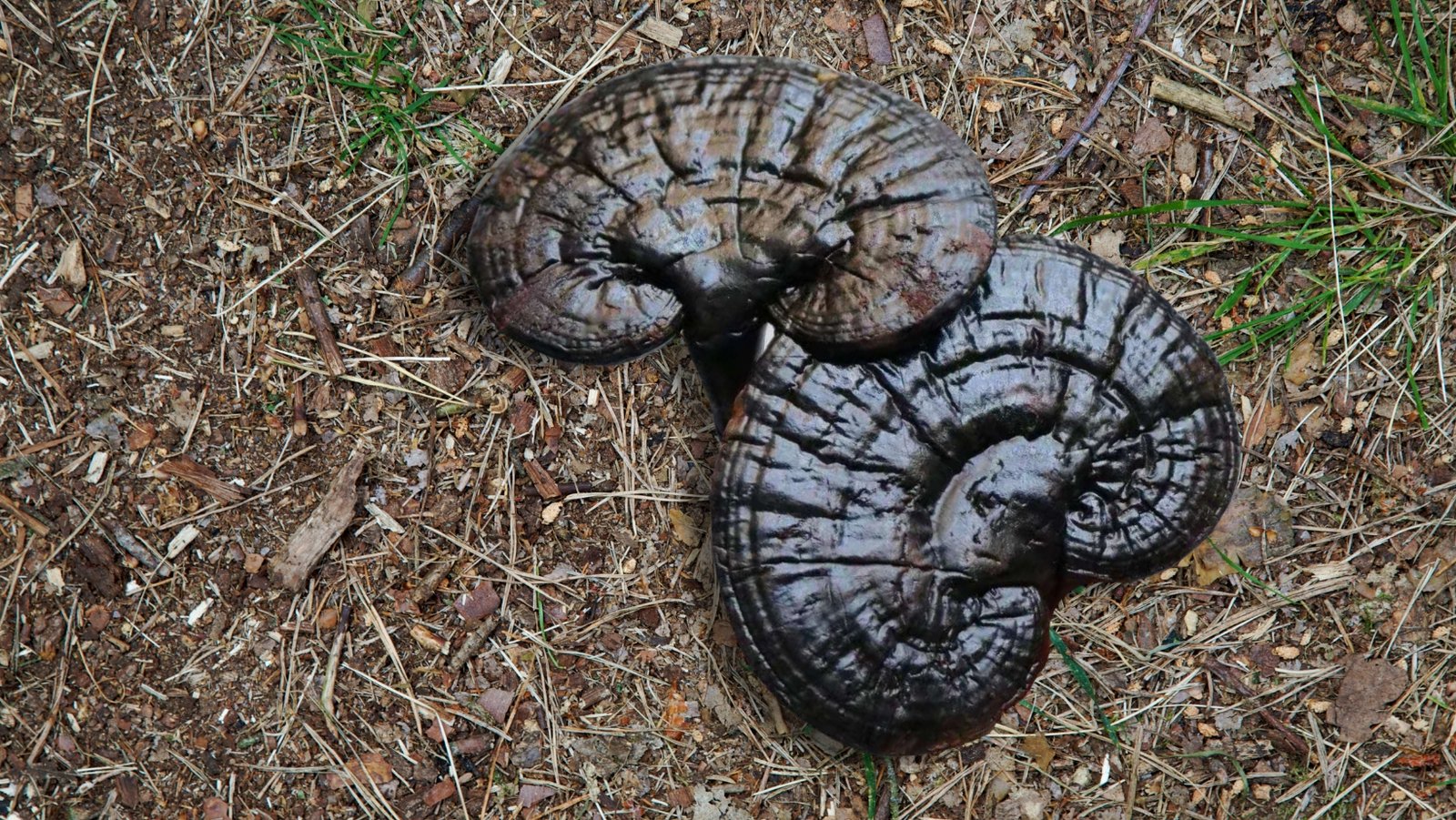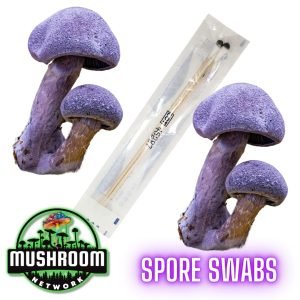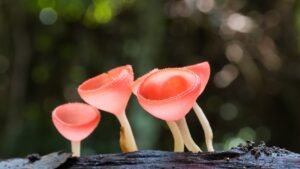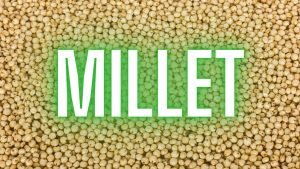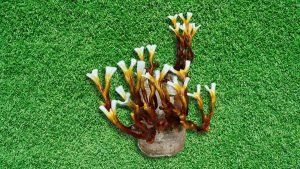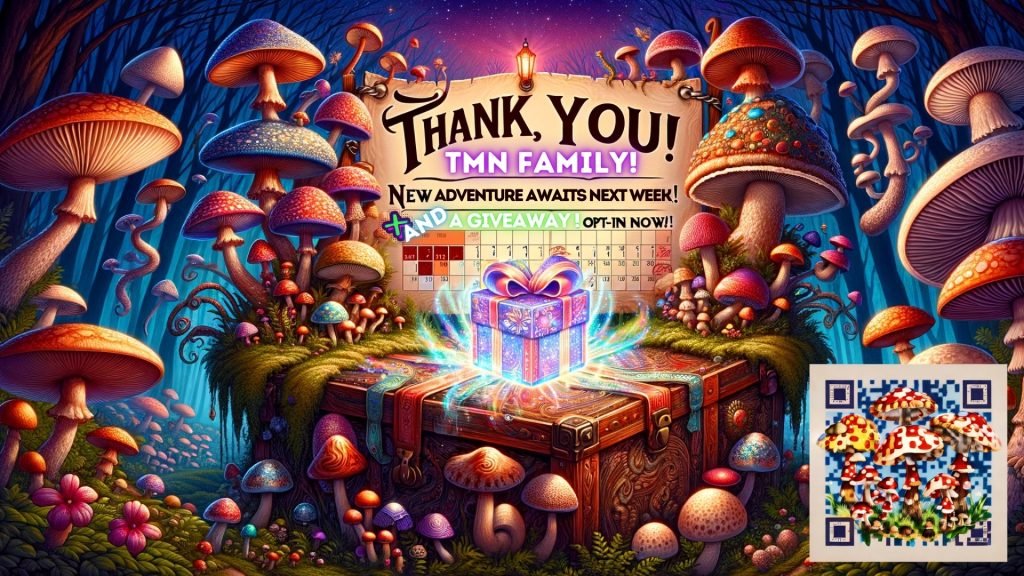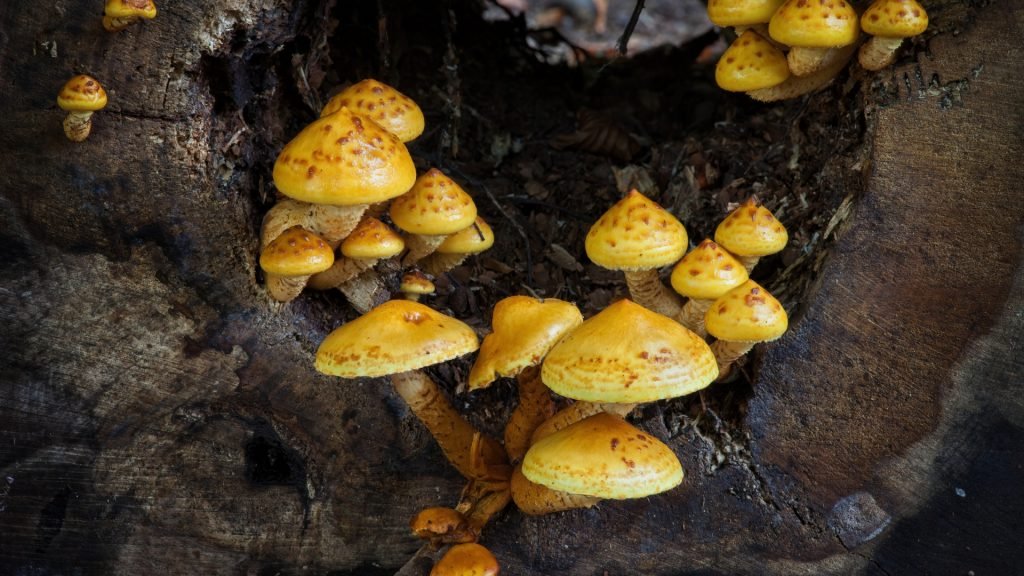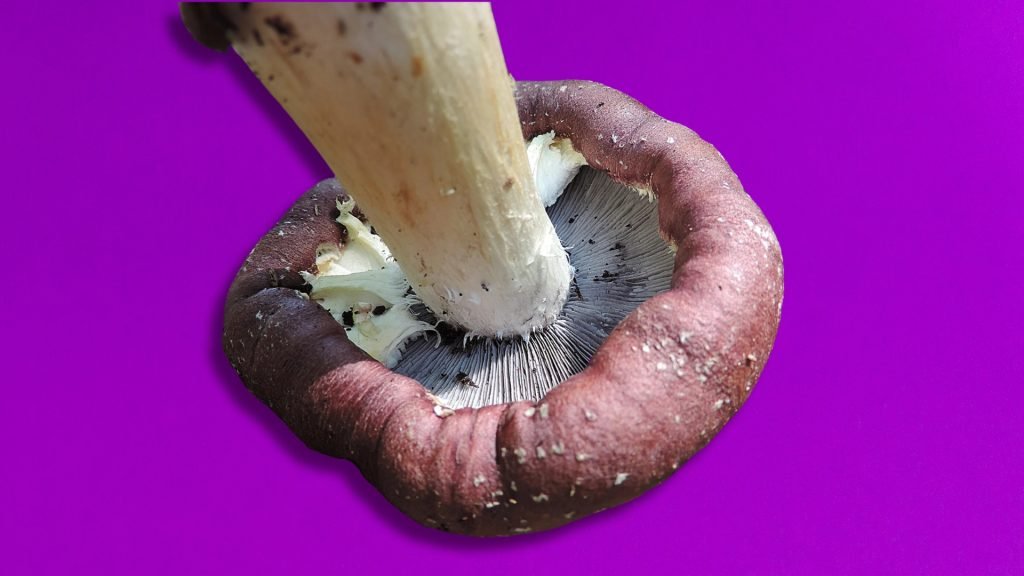Journey to the East: East Asia’s rich mycological landscape presents us with Ganoderma Sinense, a prized mushroom with deep cultural and historical roots. Revered for centuries in traditional Chinese medicine, this mushroom offers intriguing potential in health and wellness.
Unearthing History and Culture: Ganoderma Sinense, also known as ‘Lingzhi‘ in Chinese, is a mushroom species from the Ganodermataceae family. As a polypore mushroom, it is characterized by its hard, woody texture and its lack of a distinguishable stalk. Its striking appearance, coupled with its medicinal properties, has cemented its status as a symbol of longevity and health in East Asian cultures. In ancient times, it was so highly valued that it was reserved for royalty.
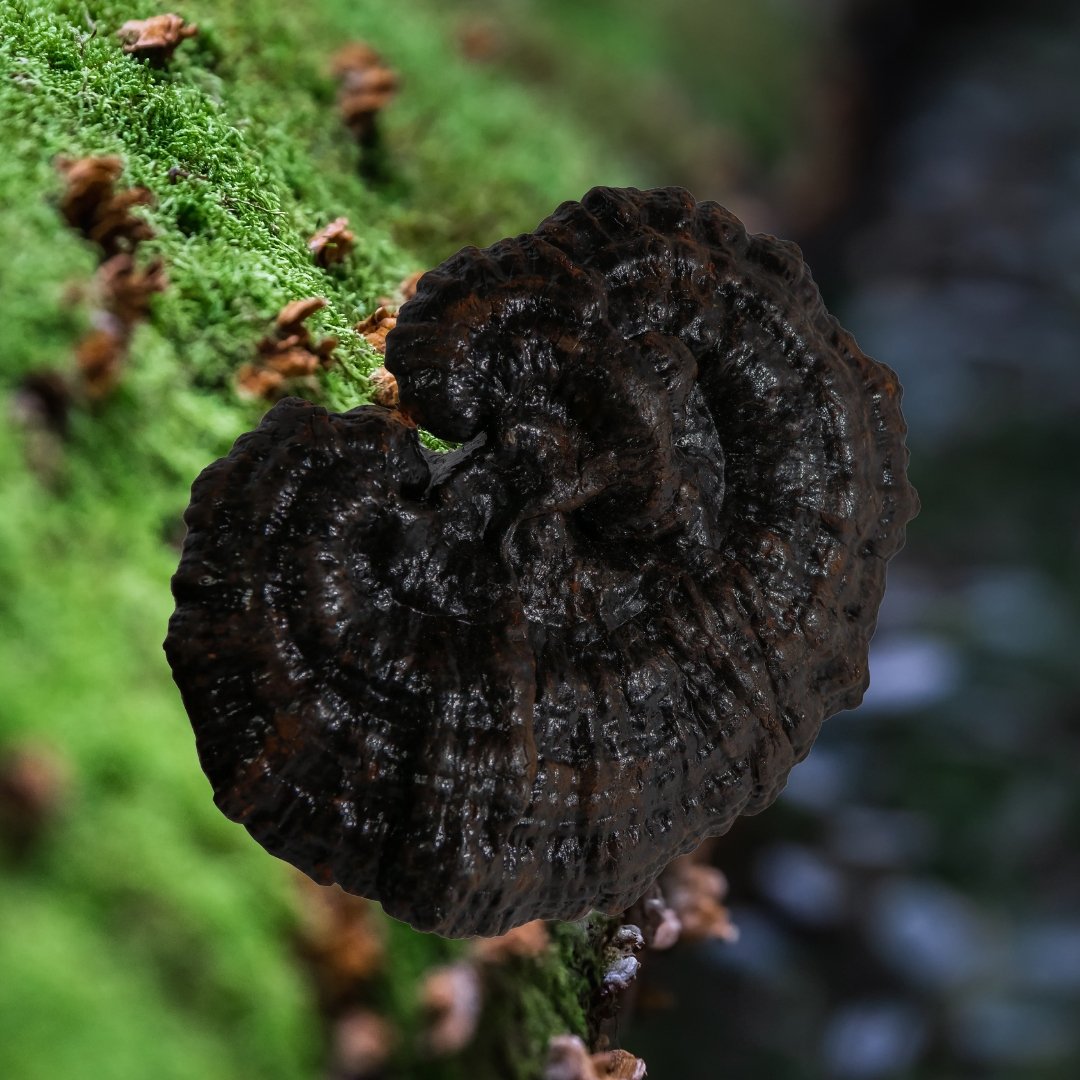
EXPLORING GANODERMA SINENSE:
This mushroom predominantly grows on the base and stumps of deciduous trees, especially maple. Unlike many other fungi, Ganoderma Sinense is a perennial mushroom, meaning it can grow and produce spores over multiple seasons.
One of the distinctive features of Ganoderma Sinense is its shiny, varnished appearance. The caps are kidney or fan-shaped and exhibit brownish to dark reddish colors, depending on its maturity. The spore-bearing surface, or the underside of the cap, usually consists of tiny pores that release spores into the environment.
The complexity of Ganoderma Sinense extends beyond its physical attributes. It has a unique biochemistry, producing several bioactive compounds, including triterpenoids and polysaccharides, that are believed to have health benefits. It’s this rich biochemistry that has kept Ganoderma Sinense at the heart of traditional Chinese medicine for centuries.

CULTIVATION OF GANODERMA SINENSE:
Cultivating Ganoderma Sinense presents a challenge due to its preference for specific environmental conditions and substrates. Typically, it grows on hardwood logs or stumps, and cultivating it requires mimicking this natural environment as closely as possible.
For indoor cultivation, a substrate mixture of hardwood sawdust and wheat bran is commonly used. The substrate is sterilized and then inoculated with Ganoderma Sinense spawn. The mycelium takes several weeks to colonize the substrate fully.
Once colonized, the bags are exposed to higher levels of humidity and cooler temperatures to trigger the fruiting process. The fruiting bodies take several weeks to mature, during which they should be misted regularly to maintain high humidity. When mature, the mushroom develops a shiny, varnished appearance.
The universe of mushrooms is expansive, each variant bearing its own unique charm and characteristics. The Marketplace on the 🍄 Mushroom Network is a testament to this diversity. It is a haven for those seeking a deeper understanding of the magical world of mushrooms. If you’re keen on learning more about this type of mushroom and other mushroom variants, this Marketplace is your ultimate resource.
MEDICINAL PROPERTIES AND RESEARCH:
Ganoderma Sinense holds a significant place in the world of medicinal mushrooms due to its range of bioactive compounds. Traditional Chinese Medicine (TCM) has used it for centuries to boost the immune system, promote longevity, and treat various diseases.
In modern scientific studies, extracts from Ganoderma Sinense have shown potential in modulating the immune system, exhibiting anti-cancer properties, and providing liver protection. Moreover, ongoing research aims to explore its potential in neuroprotection and its effect on gut health.
Despite the promising initial results, it’s important to note that more extensive clinical trials are required to validate these effects and understand the underlying mechanisms.
Not sure where to start? The 🍄 Mushroom Academy offers a wide range of courses tailored to your needs. Whether you’re a beginner eager to learn or an experienced mycologist looking to broaden your knowledge, the 🍄 Academy has something for everyone.
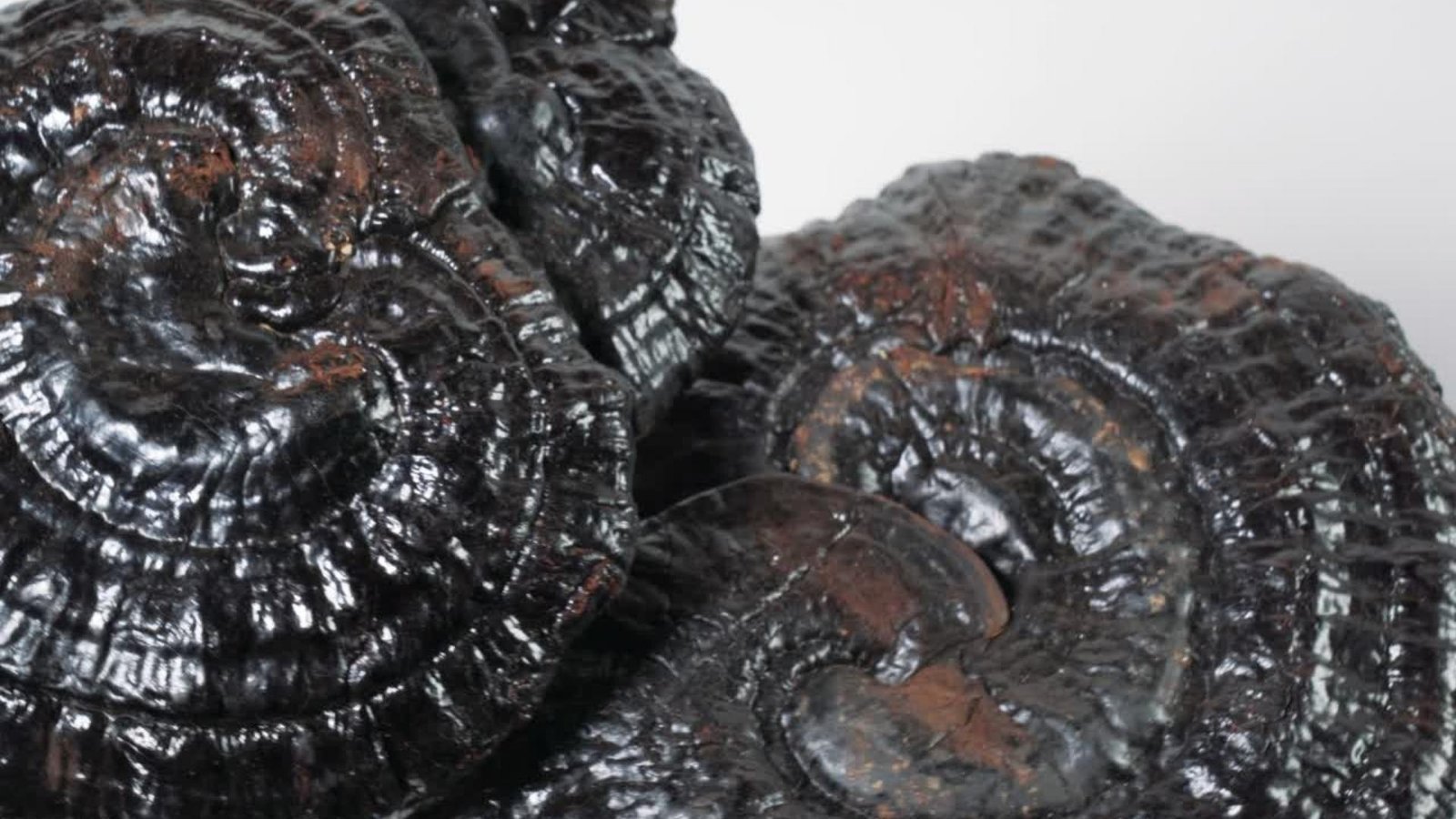
Sporeprint to Health:
As we trace back the lines of history, the journey of Ganoderma Sinense unfolds – from a sacred symbol of longevity in ancient times to a subject of intense scientific research today. It’s more than just a mushroom; it’s a testament to the union of nature and human health, a testament that continues to echo through the annals of East Asian culture.
Don’t forget to check out the 🍄 Mushroom Network’s Marketplace to see what’s available. But hurry, our shelves are constantly evolving, and you wouldn’t want to miss out on this wonderful mushroom. Join our growing network of Patrons, Genetics, and Mycologist Vendors only on the 🍄 Mushroom Network!
Recommended Reads:
The Eco-Warriors: How Fungi Like the Pink Burn Cup Help Our Planet
About This Article: Meet the eco-warriors of the forest! 🌳🍄 Discover how fungi like the...
Read More...Millet TEK for Mycology: A Comprehensive Guide
Unearth the mysteries of mycology substrates with a focus on one of the most versatile...
Read More...Advanced Techniques in Mushroom Cultivation: Unlocking the Potential
Mushroom cultivation is as much an art as it is a science, and for those...
Read More...Antler Reishi (Ganoderma Multipileum)
Ahoy, Patrons and spore enthusiasts! Welcome to the scientific soiree of the Antler Reishi, where...
Read More...Whoa there, Spore Sport! 🍄 Looks like you’re not logged in yet. Don’t you know what you’re missing? MYCO-CREDITS! Imagine all the fungal fun you could have. It’s like finding a Morel in May and not picking it. Tragic, right? Log In or Become a Myco-Patron and start racking up those credits. It’s more rewarding than finding a mushroom in your backyard! 🌟🏡
